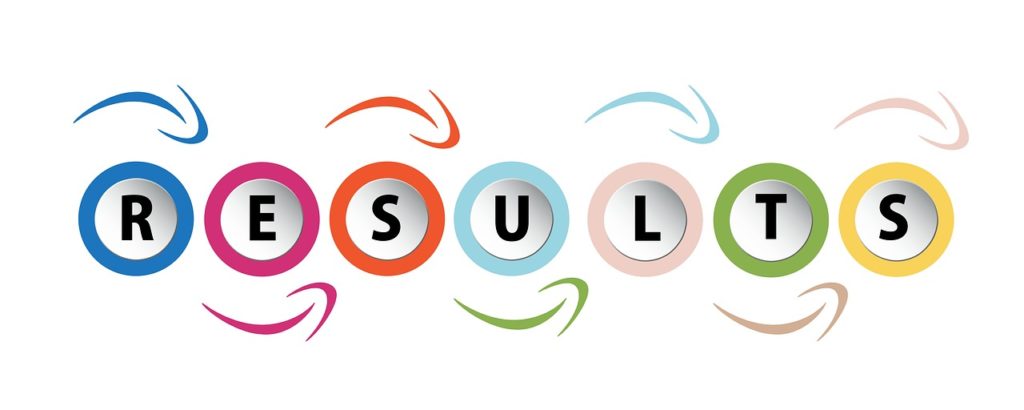Rewards & Incentives
Every employee loves incentives and rewards and they can be part of the tools that help keep engagement with your company. They can come in the form of cash bonuses, salary increases (and/or promotions) or prizes (tangible gifts). Generally, incentives are considered more like the carrot on the stick – achieve management’s stated goals and you receive the gift. Rewards on the other hand may be given ad hoc after an employee performs well above expectations, without any awareness of a potential recognition.
So which method can potentially help management achieve peak performance from their employees? In this blog we will only consider positive awards. Negative incentives (threats of termination or demotion, for example) will be saved for a future blog. And we aren’t talking about traditional holiday bonuses.
Let’s take a look at some of the various incentive options that could trigger an award, and the recommended award types:
| Incentive/Reward Plan | Award? | Award Type |
| Meet stated goals | Not recommended unless the team as a whole is well below plan/quota | N/A |
| Exceed stated goals | Yes – can be ongoing | Raise or bonus |
| One-off performance contest | Yes – occasional | Bonus or prize |
| Top producer for a period | Yes – ongoing | Bonus |
| Special activity – e.g., best new idea, charity work, etc. | Yes – occasional | Prize |
| Recommends a new hire candidate | Yes – when candidate is hired | Bonus |
| Unexpected performance above & beyond | Yes – as one achieves this designation | Bonus or prize |
| Random lottery game | Yes – occasional | Bonus or prize |
How did I select specific award types depending on the activity?:
| Award Type | Reasoning |
| Raise | Permanent, used for rewarding ongoing or longer-term success. |
| Bonus | Cash is king. When the achievement is one-time and high-value to the company. Everyone likes cash. |
| Prize | Fun, different, unexpected — when the employee’s special performance doesn’t necessarily impact company performance, and the award impacts general morale. |
One key to determining the most appropriate award is to understand the employees that compete for the award. For instance, high-earners or young single employees (read millennials) may consider a cash bonus as mundane — just a few extra bucks in the bank. But a cool gift, such as a free vacation, large flat-screen TV, new iPhone, etc., will create a different level of excitement. Often, gift items can generate a greater bang for the buck than the equivalent cash prize. Additionally, prizes can create a “buzz” and result in an overall increase in employee engagement.
Lower earners or older workers by contrast, usually will appreciate the hard cash, especially if it is awarded in real greenbacks (maybe you will share with your significant other and maybe not ☺). Gifts are nice, but a free car payment or two on the company really hits home.
The important point to be made here is that rewards, in many forms, do work, especially if planned right to achieve the company’s goals for the program. The wrong incentive for the wrong program will simply be a waste of time and expense. Choose the target employee group (e.g., sales, customer service, tech support, etc.) and determine the award they would appreciate most (ask them — they won’t be shy). Make the award valuable enough to generate real competitive spirit, and advertise the program extensively.
For any unofficial or unannounced rewards generated for special recognition situations, be crystal clear why the award is given to the lucky recipient. Otherwise the negative effect could be resentment on the part of the recipient’s peers.
How much you budget, and how often you have contests is up to you. But everyone likes to win, and periodic incentive programs are great vehicles for growing and maintaining high employee morale and engagement.








